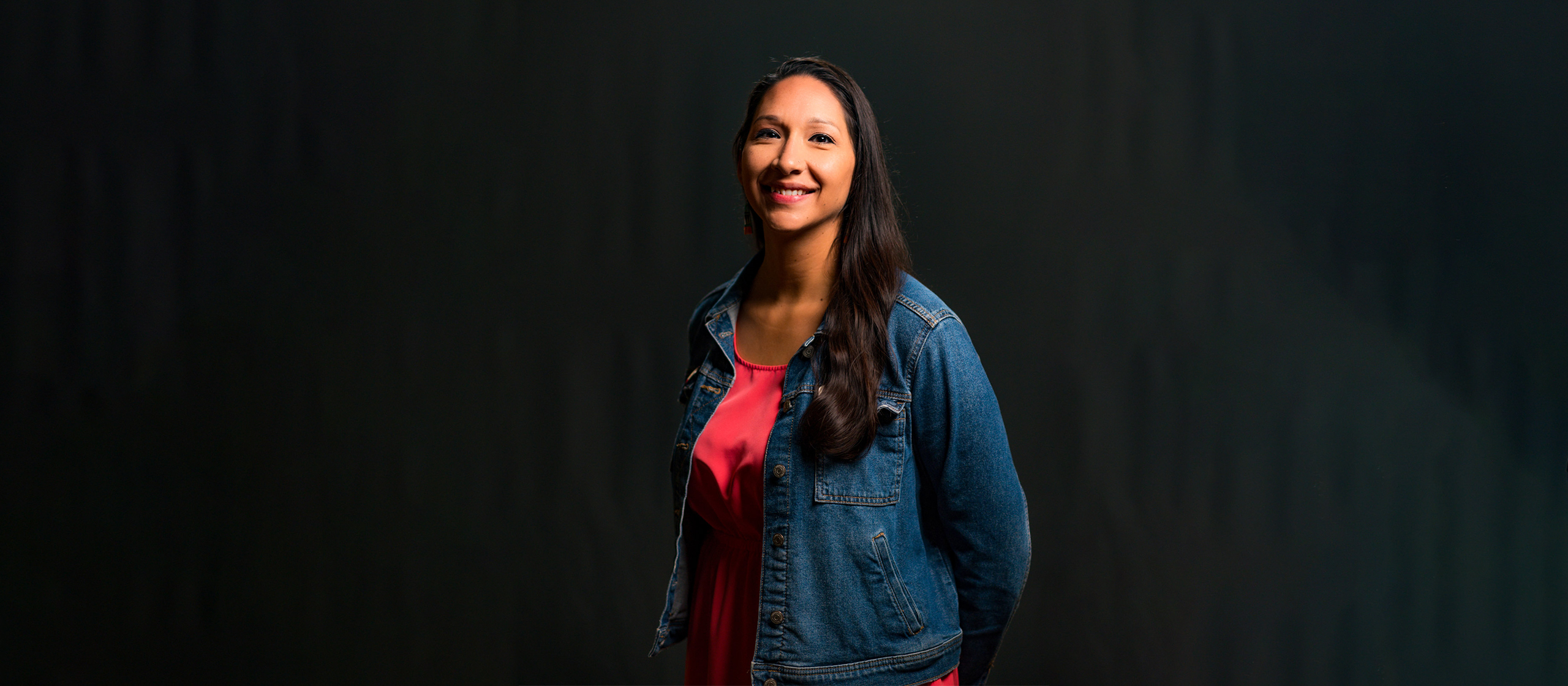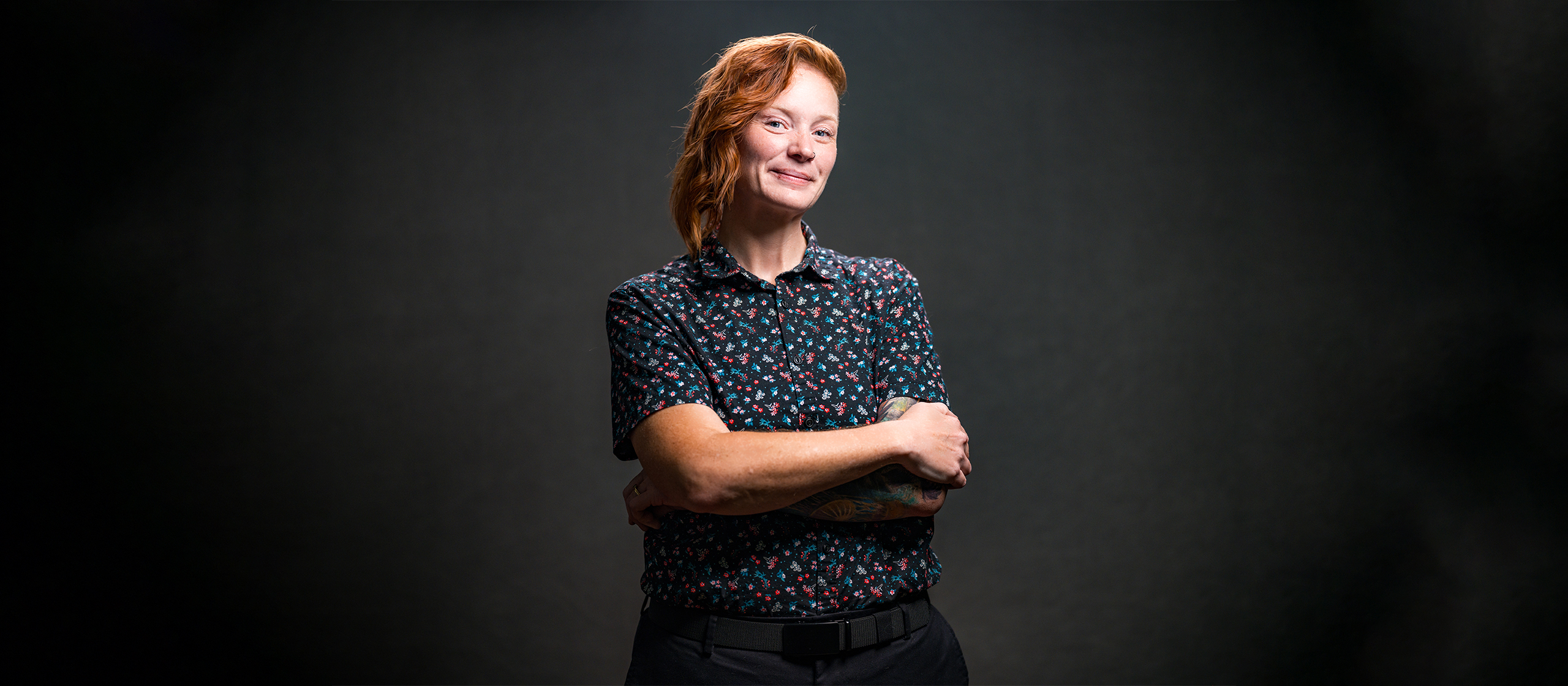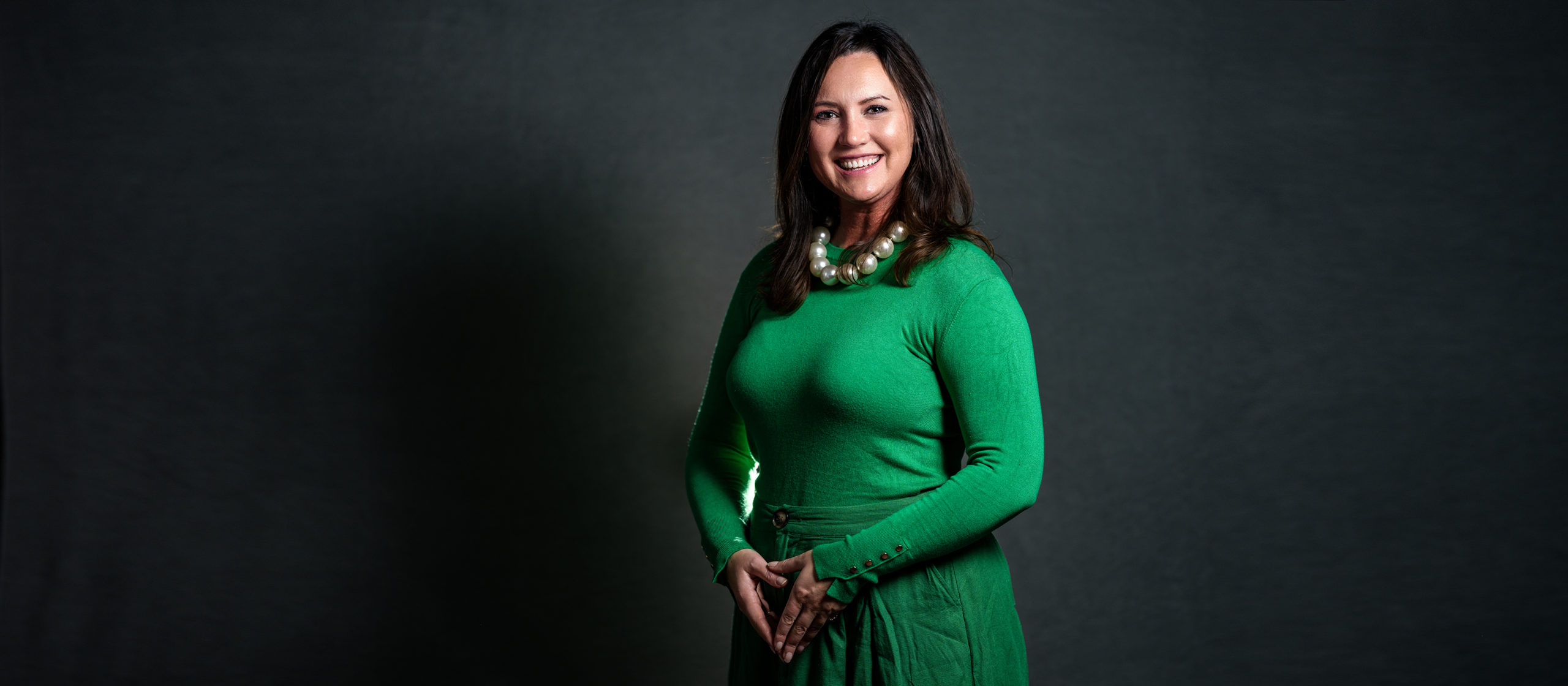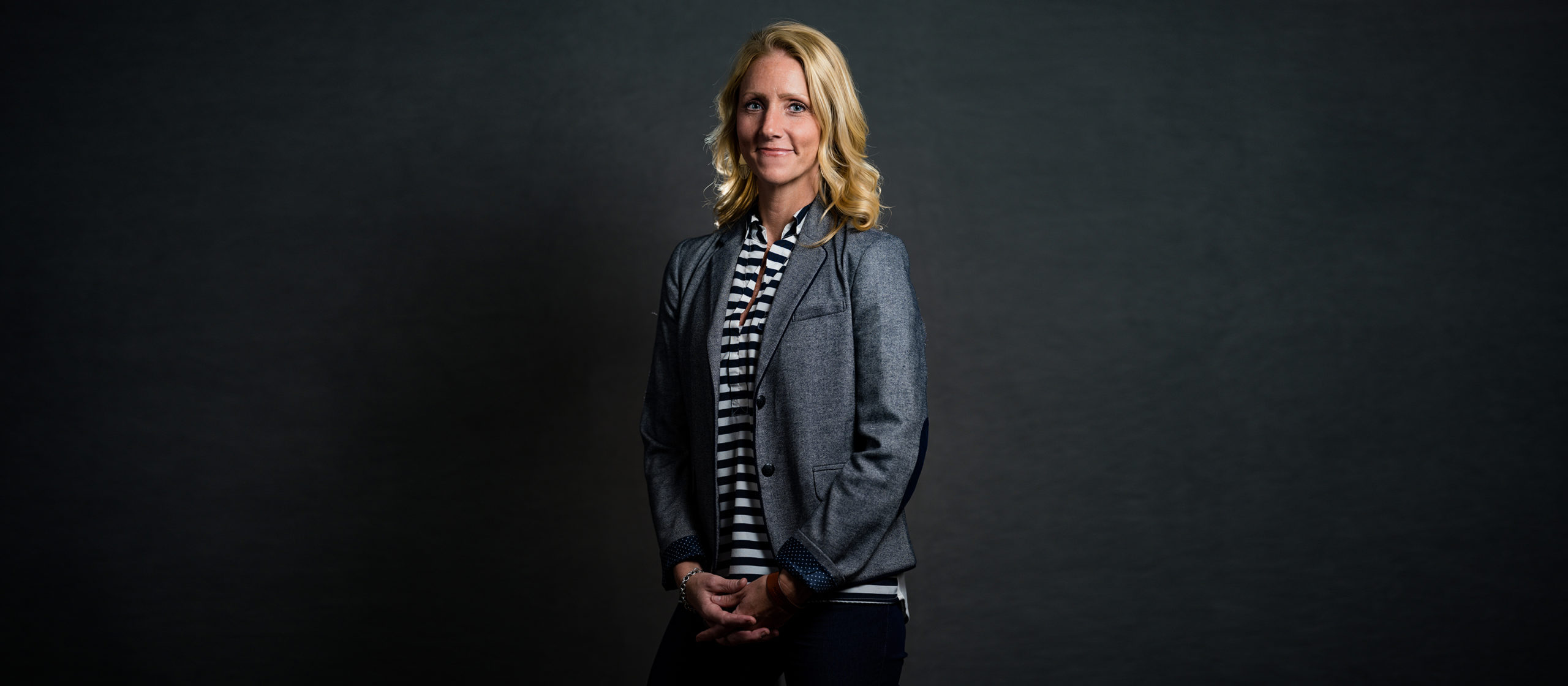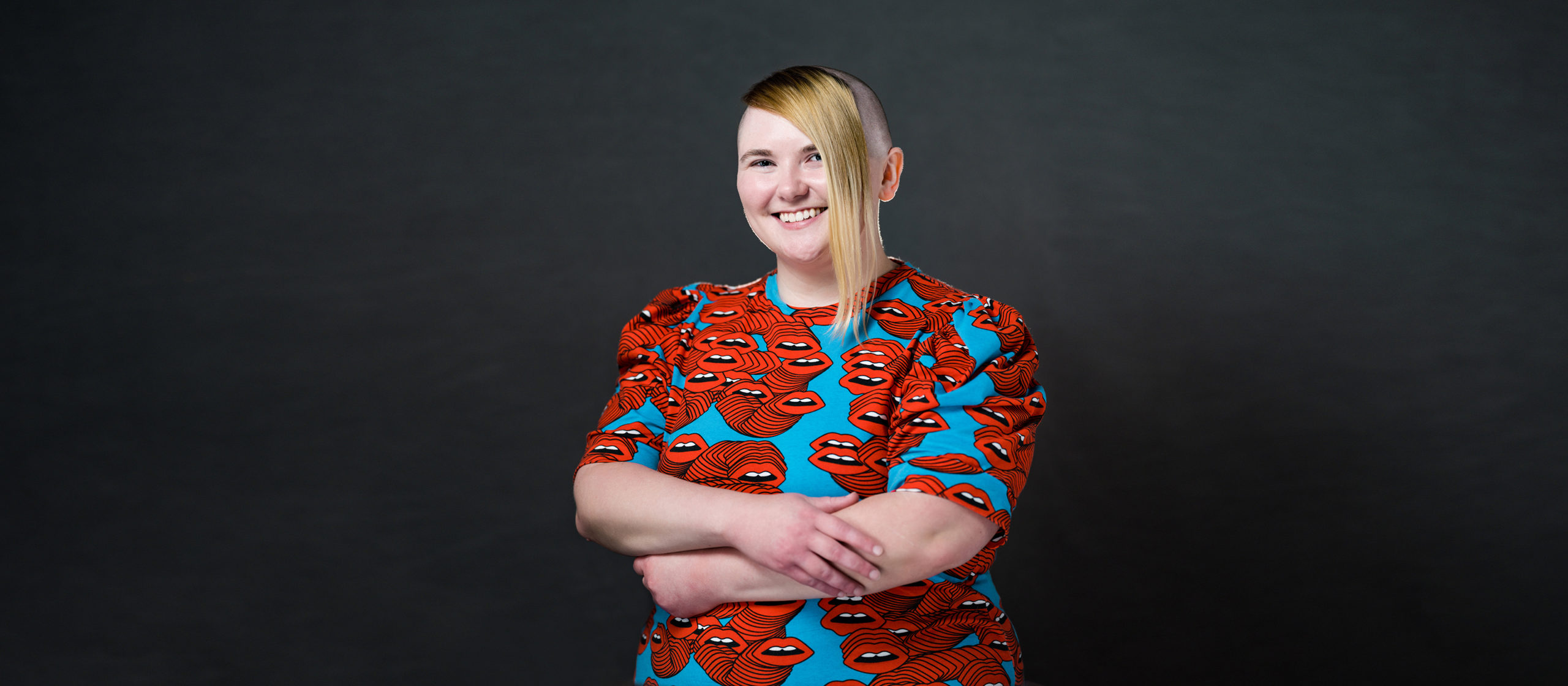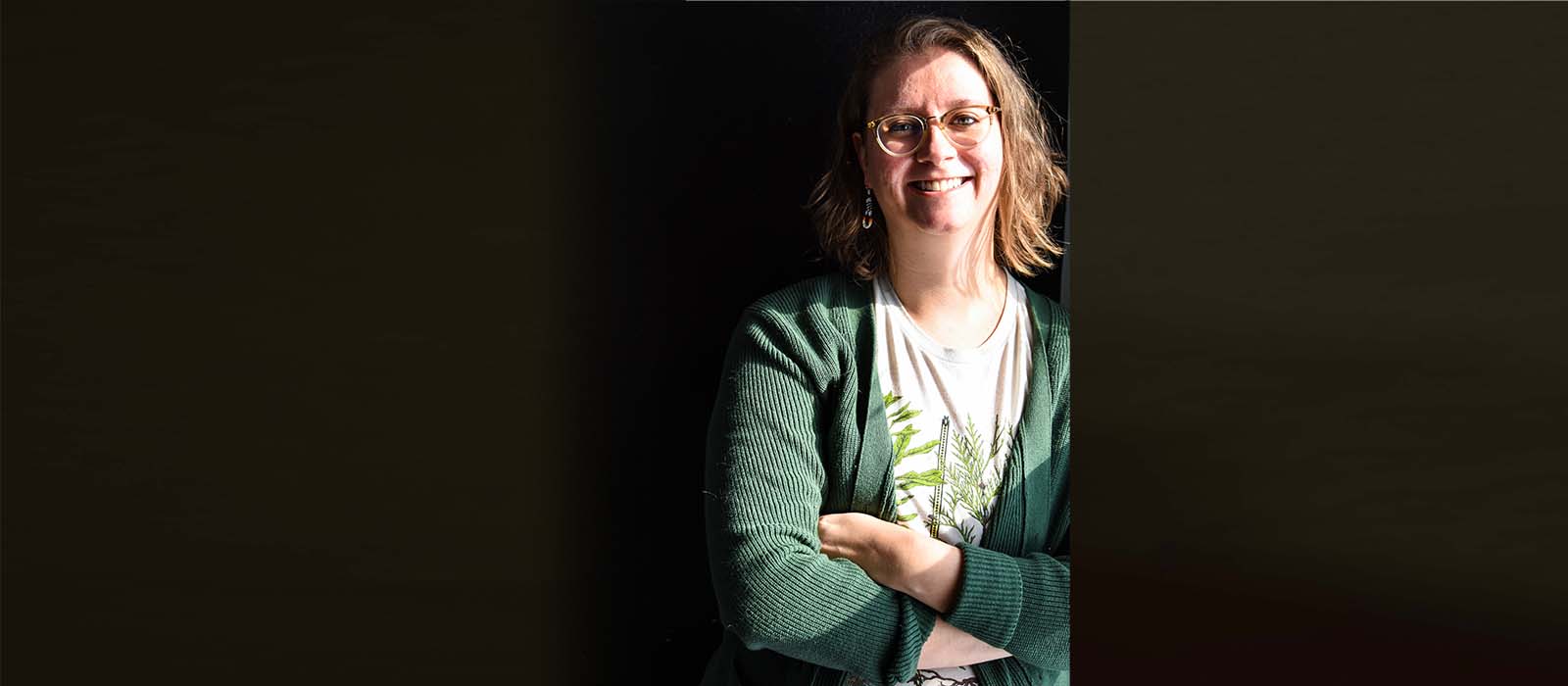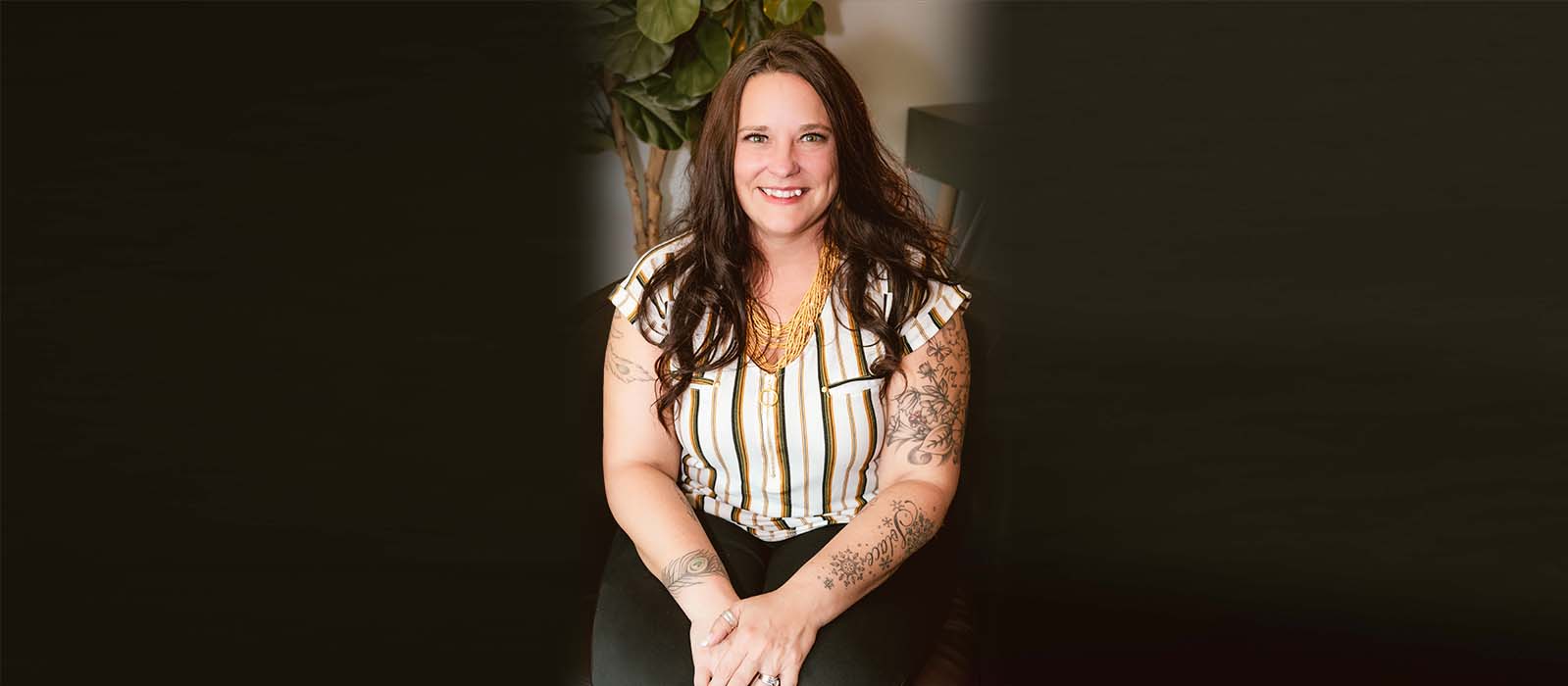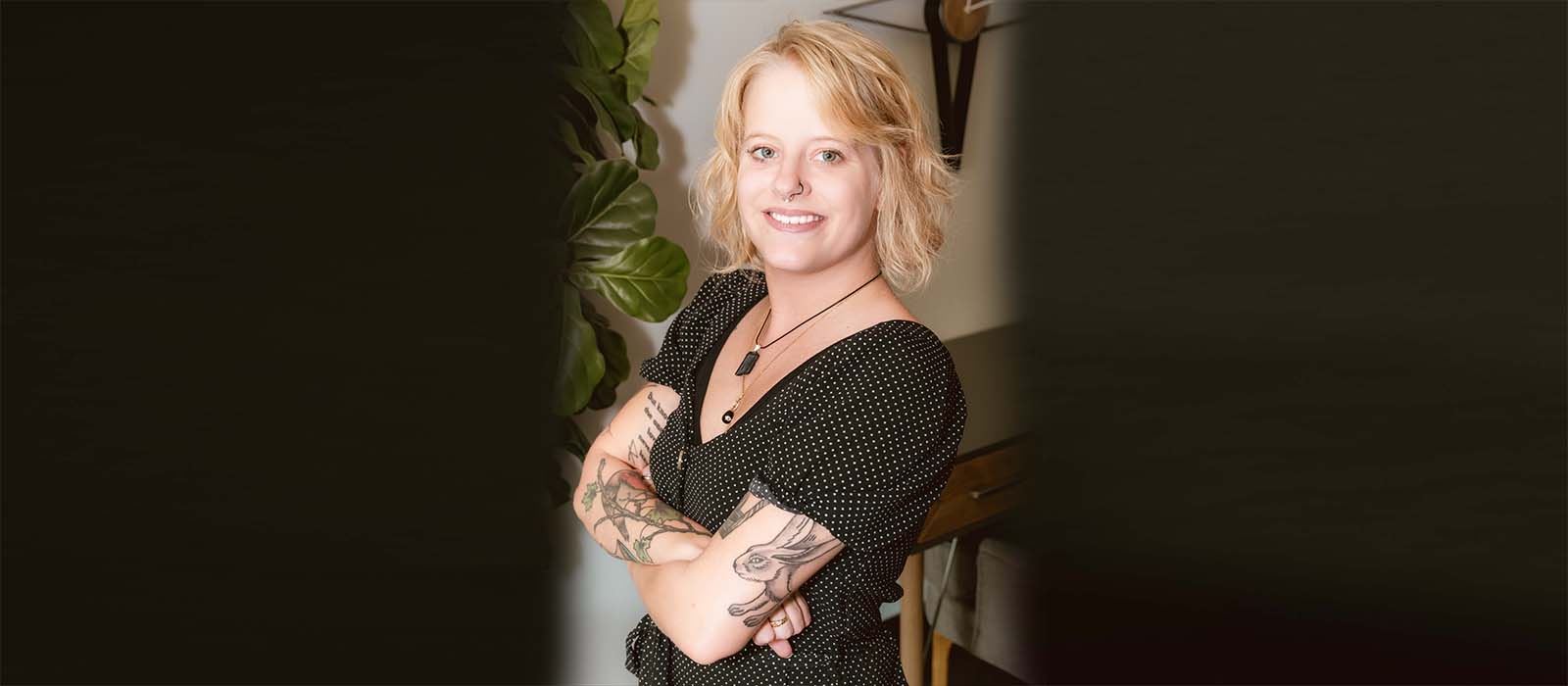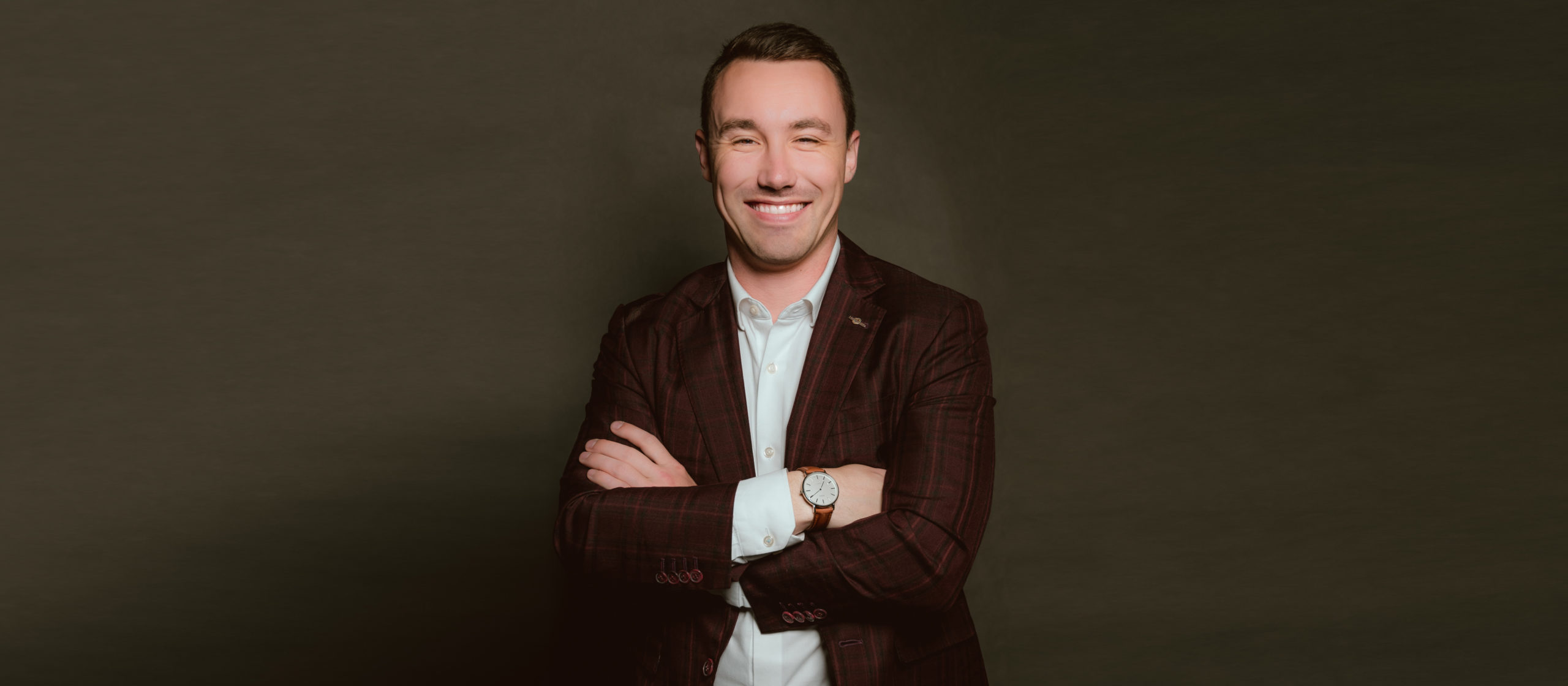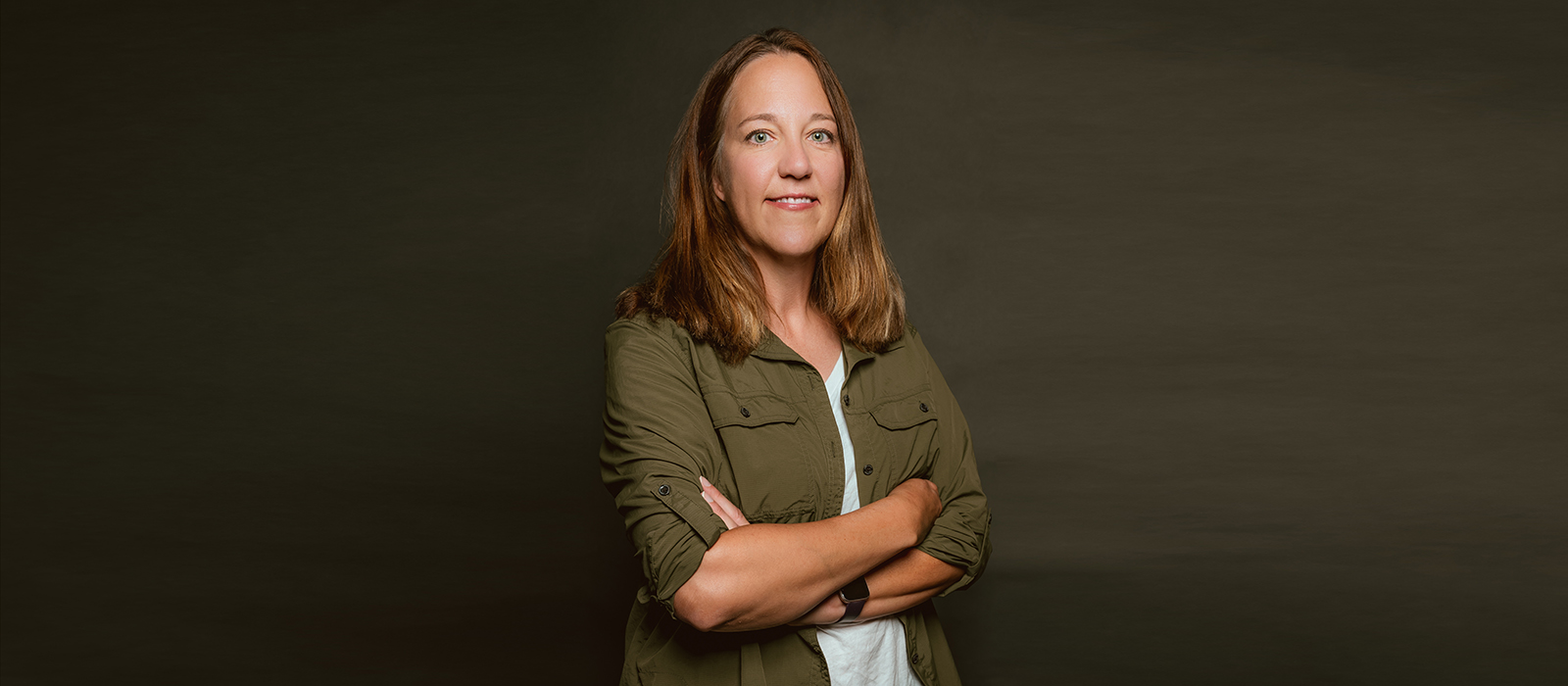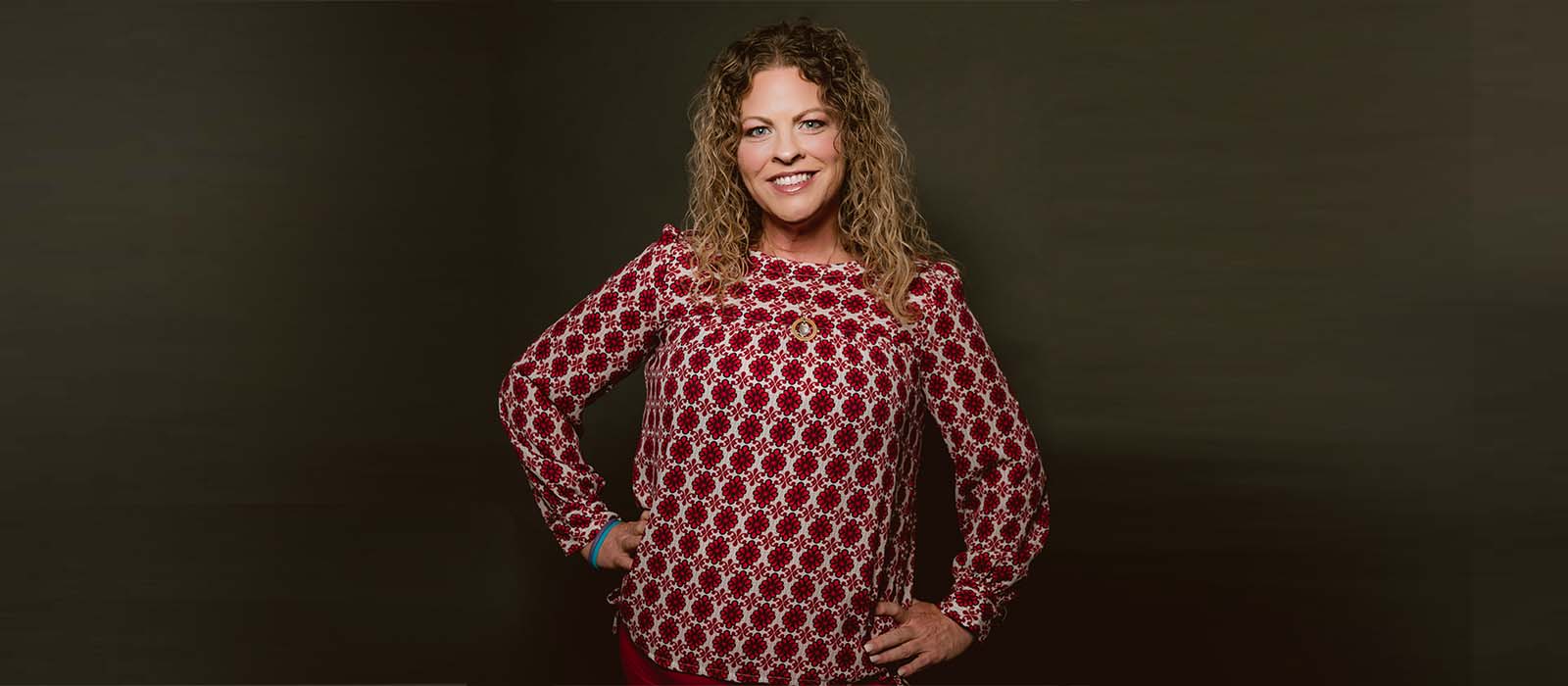What is the story related to resilience that you’d like to share?
My mental health journey started when I was very young. I was exposed to the not-so-good side of mental illness before I was even in middle school. My older sister is my best friend and biggest inspiration, but sadly I had to learn what mental illness was from her struggles and experiences.
In high school, I was bullied a lot, which greatly impacted my mental health. I was diagnosed with depression and anxiety, but nothing seemed to be helping. I decided to transfer schools and have a “fresh start.” I felt like I had more of a purpose and was so much happier after finally deciding to help myself.
During my freshman year of college on a random weekend in April, I woke up to a call from my mom in the early morning hours. That morning, I found out that my cousin died by suicide, ultimately losing her battle with mental illness.
Fast forward to February 14, 2022—the day I tried to end my life. I was at the lowest point possible, depressed, unmotivated, and surrounded by people who were only tearing me down. I was willing to give up on 17+ years of education, end the friendships I created, and leave my job and the family who raised me. I was ready to throw in the towel and give up for good. Thankfully, I got help before it was too late.
Looking back, each encounter I have had with mental health and mental illness has helped me find my purpose in life. I have always been an empathetic person, and I feel emotions very strongly, which is why I never want anyone to feel the way I have. After losing loved ones, and almost losing my own life, I have made it my mission to have a voice for those who no longer do and share my story—how I turned struggle into strength. It has been a long and tough journey to get to where I am today, but I am so grateful to be an advocate for mental health and be the person to prove that things do get better. Ever since I started advocating for mental health, I’ve been asked questions like, “Why should I care about mental health?” “Is mental illness even real?” “Why can’t people just be happy?” My response is simple: everyone has mental health, just like we have physical health, and people who are affected by a mental illness have a much harder time controlling, regulating, and improving their mental health. Mental illness is a silent killer, taking more lives than breast cancer. When shown the reality of the matter, people tend to understand the severity and prevalence of mental health/mental illness, which is exactly what I aim to do with my platform through my involvement with the Miss America/Miss South Dakota organizations.
What strengths can you identify within yourself that helped you navigate the situation?
Besides resilience, I’d have to say courage—to keep moving forward even when I felt like giving up, determination—to not let my story end even when I wanted it to, and faith—that there was hope for a better future even when I didn’t think there was.
Did you have a person or persons to look to for support during this time? If so, what was it about that person/those people that was helpful or not helpful? If not, what did you do instead?
I saw a therapist and also talked to my mom, even though she lives 4 hours away since I moved from Wisconsin to South Dakota to go to college. They both helped me in their own ways, but the most helpful thing was to have someone who could be a shoulder to cry on, an ear to listen, and a voice of reason.
What resources did you use during that time? Are there any barriers or limitations regarding access to these resources? What resources do you think still need to be developed for others?
Thankfully, South Dakota State University provides free counseling services to all students, and I was able to meet one-on-one with a counselor as much as I needed. I think that more preventative resources need to be readily available, so that students can get the help they need before they find themselves in a time of crisis. I knew of the counseling center and at the time, thought it was my only option. I didn’t know how to make an appointment and didn’t want to be seen in the building out of fear of shame and embarrassment.
What is one thing related to your experience that you wish everyone could understand? What advice might you share with someone who is experiencing something similar?
Asking for help is a sign of strength. I have always been very independent, especially when I came to college. I always felt that needing help on an assignment or asking a friend to help me with something made me seem weak. I didn’t realize it at the time, but having that mentality was pushing people away, causing me to feel alone. I now know that asking for help is not a weakness, and that strength comes in numbers. Leaning on those around you will only help you, not hurt you.





